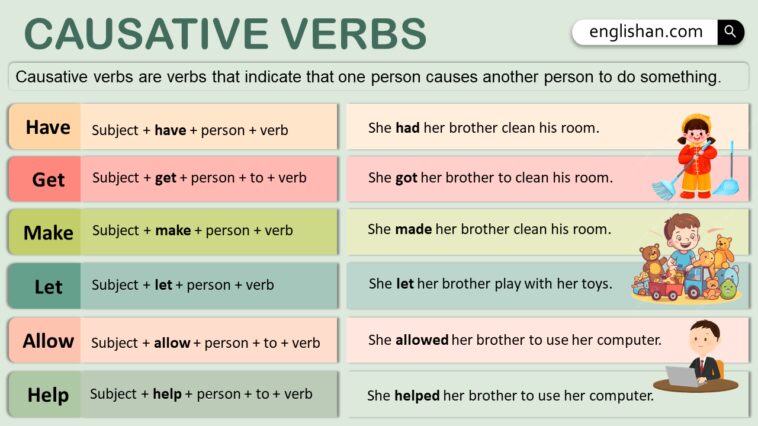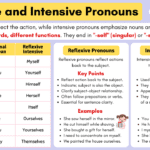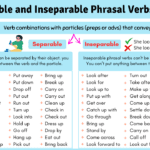Causative Verb Had in Different Tenses
| Tense | Affirmative | Negative | Interrogative |
|---|---|---|---|
| Present Simple | He has his employees finish the report. | He doesn’t have his employees finish the report. | Does he have his employees finish the report? |
| Past Simple | He had his employees finish the report. | He didn’t have his employees finish the report. | Did he have his employees finish the report? |
| Future Simple | He will have his employees finish the report. | He won’t have his employees finish the report. | Will he have his employees finish the report? |
Causative Verb Let in Different Tenses
| Tense | Affirmative | Negative | Interrogative |
|---|---|---|---|
| Present Simple | She lets her brother play with her toys. | She doesn’t let her brother play with her toys. | Does she let her brother play with her toys? |
| Past Simple | She let her brother play with her toys. | She didn’t let her brother play with her toys. | Did she let her brother play with her toys? |
| Future Simple | She will let her brother play with her toys. | She won’t let her brother play with her toys. | Will she let her brother play with her toys? |
Causative Verb Get in Different Tenses
| Tense | Affirmative | Negative | Interrogative |
|---|---|---|---|
| Present Simple | She gets her brother to clean his room. | She doesn’t get her brother to clean his room. | Does she get her brother to clean his room? |
| Past Simple | She got her brother to clean his room. | She didn’t get her brother to clean his room. | Did she get her brother to clean his room? |
| Future Simple | She will get her brother to clean his room. | She won’t get her brother to clean his room. | Will she get her brother to clean his room? |



